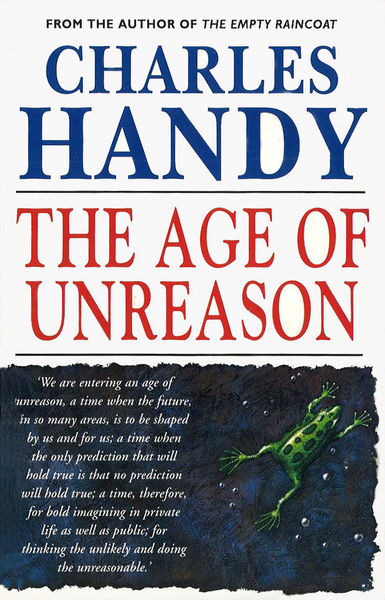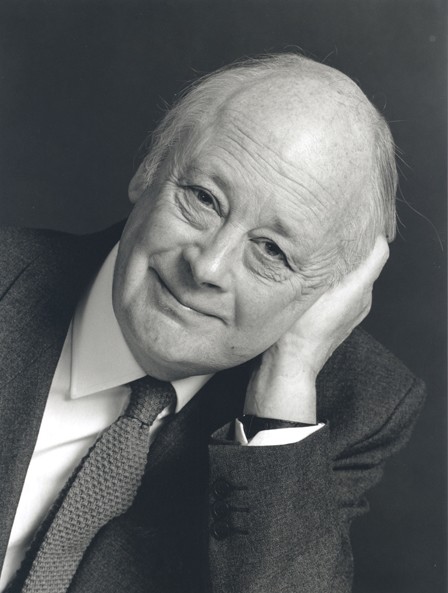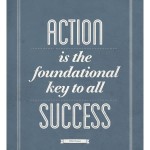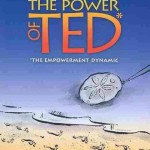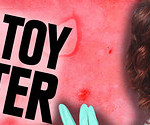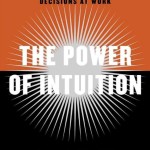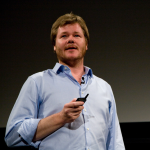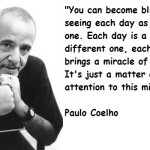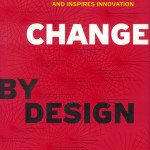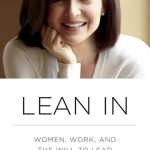“The companies that survive longest are the one’s that work out what they uniquely can give to the world not just growth or money but their excellence, their respect for others, or their ability to make people happy. Some call those things a soul.”
Handy’s 1989 book made a powerful case for what might then have been called, without irony, outside-the-box business thinking. Handy, then a visiting professor at the London Business School, described dramatic social changes going on in everyday life and in the workplace. New technologies and the decrease of full-time positions, among other transformations, requires abandoning the established rules and experimenting with new ways of working with one another. Handy’s book only grew in stature in the decades after its publication as the rise of the Internet, ubiquitous communication, increased outsourcing, and the explosion of social media proved his vision to be amazingly prescient. [From: time.com]
In an era when change is constant, random, and, as Handy calls it, discontinuous, it is necessary to break out of old ways of thinking in order to use change to our advantage. Handy examines how dramatic changes are transforming business, education, and the nature of work. We can see it in astounding new developments in technology, in the shift in demand from manual to cerebral skills, and in the virtual disappearance of lifelong, full-time jobs. Handy maintains that discontinuous change requires discontinuous, upside-down thinking, and discusses the need for new kinds of organizations, new approaches to work, new types of schools, and new ideas about the nature of our society. [From: Goodreads.com]
“Instead of a national curriculum for education, what is really needed is an individual curriculum for every child.”
Handy, a British specialist in organizational management, predicts that the 21st century will be the Age of Unreason. In an era when changes in business and society will be “discontinuous” or patternless, he suggests that our thinking must become discontinuous or “unreasonable” in order to use such changes to our advantage. While his thesis is generally in line with strategists like Tom Peters In Search of Excellence, LJ 2/15/83, Handy focuses more on the philosophy, rather than the mechanics, of adaptive change in society. His examples from the business world are interestingly extended to social institutions like marriage and family. Nicely written, this should be popular with open-minded management types. A good addition to management collections.–Mark L. Shelton, Colu
mbus, OhioBooknews
Handy argues that as a society we are unprepared for the dramatic changes we face in the years ahead as organizations evolve to respond to new technologies and changing social patterns, affecting the nature and shape of work, educational systems, marriages, retirement, and politics. [From: Barnesandnoble.com]
If you like this story, CLICK HERE to join the tribe of success-minded people just like you. You will love our weekly quick summaries of top stories, talks, books, movies, music and more with handy downloadable guides, cheat sheets, cliffs notes and quote books.
